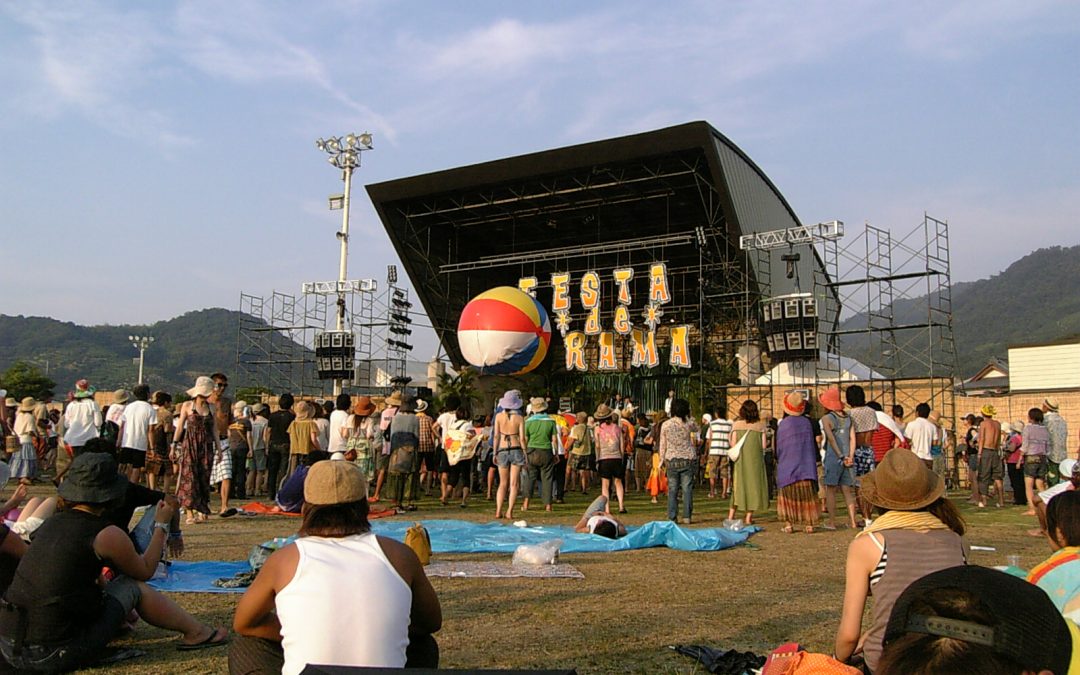Summer safe
Would you know how to keep yourself cool on a hot summer day?
Here is what you should do to avoid the symptoms of heat exhaustion, heatstroke and dehydration:
- stay hydrated by drinking cold drinks regularly, such as water and fruit juice
- avoid excess alcohol, tea and coffee
- wear loose clothing
- don’t leave people or animals unattended in a closed, parked vehicle or in direct sunlight especially young children
- take cool baths and showers and splash yourself with cool water;
- move to the shade and draw curtains in the home.
It’s a hot day and someone near you has just fainted. What would you do in this situation?
If someone feels unwell, get them somewhere cool to rest. Give them plenty of fluids to drink. If symptoms such as breathlessness, chest pain, confusion, weakness, dizziness or cramps get worse or don’t go away, seek medical help.
Safe in the sun
Skin cancer is one of the most common cancers in the UK and the number of people who develop it is increasing. The majority of cases are caused by ultraviolet radiation from the sun or sunbeds. To protect yourself:
- do not use sunbeds
- check out the UV levels and the weather for the day to assess the risk of sunburn
- use shade, clothing and a minimum of SPF15+ sunscreen applied regularly and generously to protect you
- wear sunglasses that have UV protection labels
- keep an eye out for changes to your moles and skin and report these to your doctor
Skin cancer is much easier to treat if it is found early, visit the Sunsmart website for advice on protection and detection.
Out and about with your friends and/or your family? Make sure you all follow these great safety tips
For most walkers and beach-goers the experience is trouble-free, but it’s best to be prepared for the potential risks you can encounter when out in the UK countryside:
- don’t forget to pack antibacterial wipes or hand gel for use outdoors
- have an agreed meeting point in case members of your group get separated
- charge your mobile phone and put an emergency contact telephone number in under ‘ICE’ = In Case of Emergency
- don’t leave children unattended near water
- check out all the hazards when you go on holiday or on trips. Accidents tend to happen on the first or last day of the holiday
- know where you are, take notes of landmarks etc just in case you need emergency services
Staying safe at festivals
Music festivals are one of the highlights of the British summer, attracting hundreds of thousands of fans of all ages, every year.
Whether you’ll be moshing in the mud at Reading or drinking and dancing at the Virgin festival, there are common health hazards that can be avoided.
Make sure you’ve know where your nearest AED is
Finding a defib at a rock concert sounds impossible, but if you download our app it’s as easy as opening Google!
Be appropriately supportive to your friends when they drink alcohol
How do you help your mates when they are busy drinking beer?
See our guide on being a proper drinking buddy
On medication? Get this sorted before going festivalling
First aiders are not allowed to hand out medication except over-the-counter remedies such as paracetamol. If you’re on any medication, bring your supply with you and take it as prescribed. Try not to mix medicines and drink as it will make you sick.
Medical centre
Find out where the site’s medical centres are when you arrive. If you think you may need assistance with an existing medical condition, make yourself known to the medical staff on your arrival.
Sun protection
Using a sun cream with a minimum factor of 15, and applying it regularly, will give you protection from harmful UVA and UVB rays.
Water
Drink plenty of water. Have a bottle of water with you at all times.
Clothing
Waterproofs and warm clothing are essential. People can get hypothermia (when your body temperature drops below safe levels) at festivals when the temperature drops at night, especially if their clothes are damp from sweat.
Camping
Camping gas accidents are the most common cause of serious burns at festivals. Never change gas canisters in or near a tent. Check that the canister is threaded properly before lighting.
Mobile phones
Mobile phone coverage at many festivals can be unreliable. If you get separated from your friends, have an arranged meeting spot and time.
In case of an emergency, the festival stewards are there to help.

